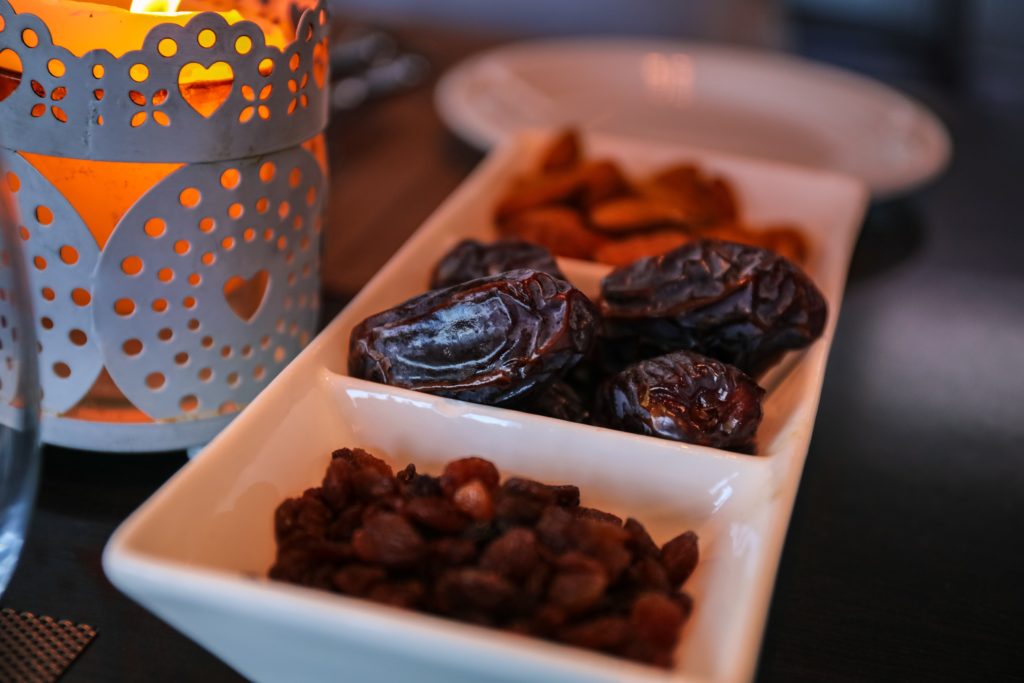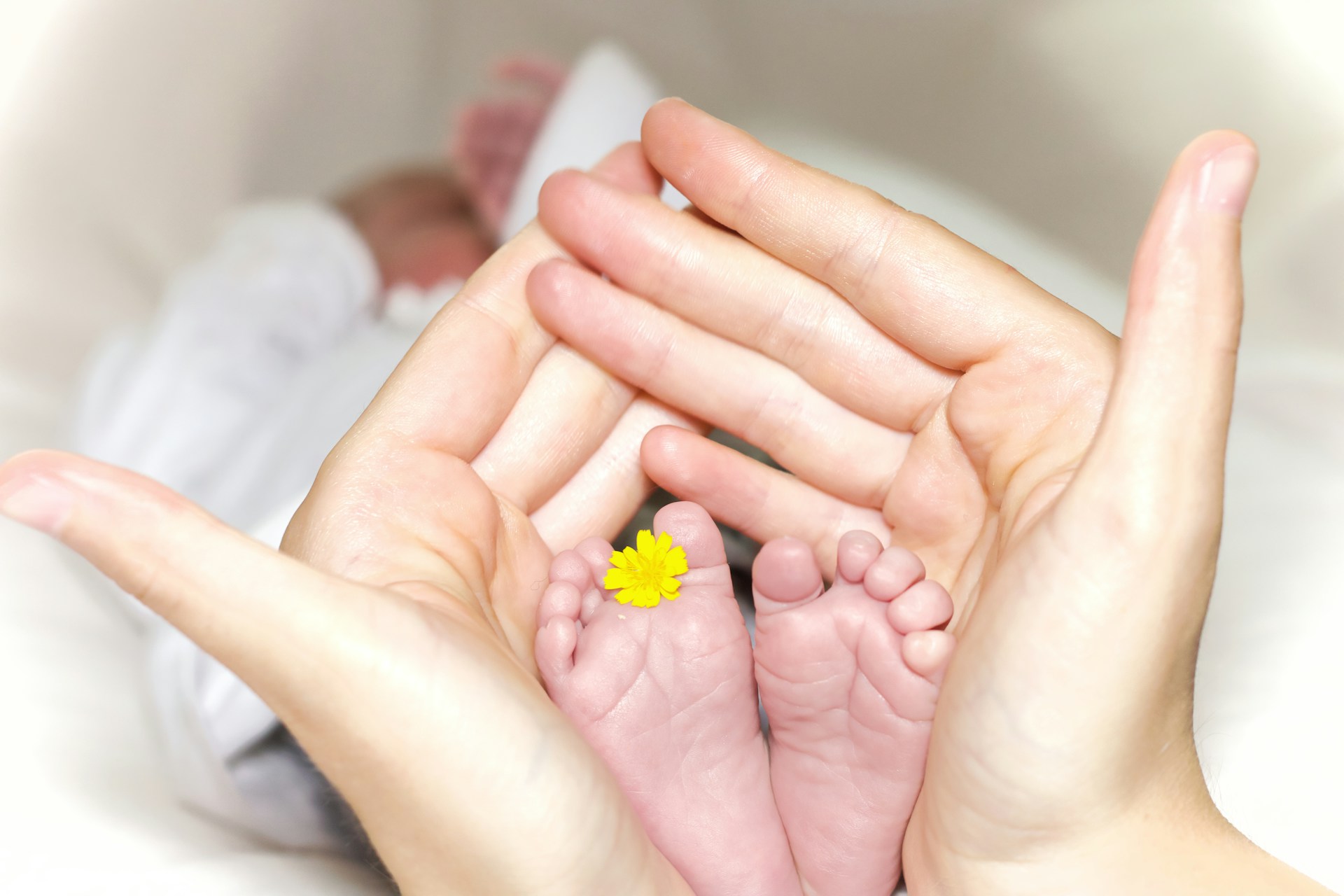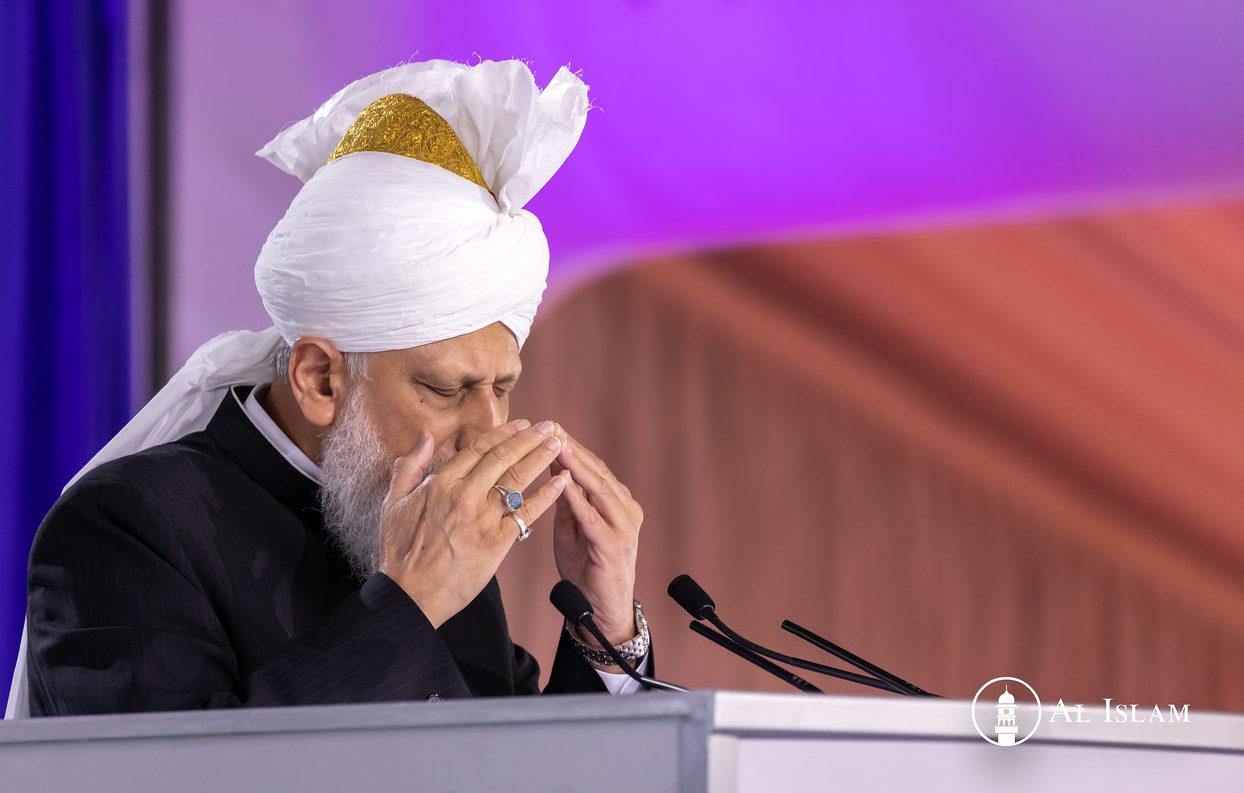The Holy Prophetsa said, “If people knew about the excellences of Ramadan, then my Ummah would have wished the entire year to be Ramadan”.
THOOBA BASHEER, ERNAKULAM
APRIL 27, 2021
Growing up in the UAE – an Islamic country – comes with its share of perks, especially during Ramadan, when the entire country is drenched in the spirit of the Holy month. School-going children always waited for Ramadan because it either meant longer vacations or shorter school days. Roads and streets would be decorated with lights and the police would distribute free Iftar kits to everyone on roads during evenings. The excitement of getting to feast on delicacies daily at home and weekly at the mosque and above all the excitement of getting new clothes to wear and getting your hands adorned with Henna on Eid made Ramadan one of the most joyous times in a year, as a child.
But today, as a grown-up, though the wait for Ramadan is still intact, the reasons have changed. The time of Ramadan is now an opportunity to make up for every time you disappointed your Gracious Lord being indulged in this material world, to untie your burden of sins when the gates of Heaven and Allah’s abundant mercy have been opened wide for you and to ultimately attain nearness to the One – the Supreme being who has showered uncountable blessings upon us, who comes running to us humble servants, if we as much walk towards Him.
The Holy Prophetsa is reported to have said, “If people knew about the excellences of Ramadan, then my ummah [Muslim community at large] would have wished the entire year to be Ramadan”[1]. People always seek a second chance in life when they falter, and Ramadan is that second chance that Allah has graciously offered His servants. How unlucky would then we be if we fail to understand our responsibilities and not take benefit from this blessed time of the year?
Allah says in the Holy Quran:
O ye who believe! fasting is prescribed for you, as it was prescribed for those before you, so that you may become righteous.[2]
So, what is righteousness? It is the recognition of one’s rights to God and one’s rights to humanity. If we ponder over the rights we owe to God and humanity, we will realize that the list is endless and how we have failed many a time in fulfilling those rights owing to the weak nature of man. Thus, fasting is prescribed during the month of Ramadan so that by abstaining from even those things that are permissible in normal circumstances, one can increase in worship and pay closer attention to one’s responsibilities towards humanity. It is only then that one can attain righteousness, and this is the very purpose of Ramadan.
The Worldwide Head of the Ahmadiyya Muslim Community, Hazrat Mirza Masroor Ahmedaba says:
Observing Ramadan in this way ensures that the changes brought about in this month will not be temporary, but will remain for a lifetime. The allures of this world will not prevail over such people but their attention will always remain towards God, nor will the rights of others be usurped. If one does not enter Ramadan with this intention then Ramadan will be of no benefit.[3]
Today, the concept of Islamic Jihad has terrorized the whole world. People who claim to be scholars of Islam have promoted and inculcated the belief in people that Islam will emerge victorious only by Jihad with the sword, so much so that the world views Islam as a blood-thirsty faith and the Holy Prophetsa as the proponent of such beliefs. With countless allegations thrown at Islam associated with Jihad, many would have probably never heard of the term Jihad al-Nafs which is the struggle against one’s self or one’s soul. Jihad al-Nafs has been described by the Holy Prophetsa in a Hadith as the greatest Jihad.
Fasting during Ramadan is exactly how Jihad al-Nafs can be performed. Fasting does not merely require abstinence from food and drink, it requires believers to defeat all of their evil inclinations and passions for the sake of Allah and tread firmly on the path of righteousness. On close observation, one can find that at the root of all mishaps and misfortunes in the world is the effect of wrongs committed by someone. Thus true peace can only be established when one becomes capable to let go of his desires and temptations. Thus, when someone engages in such practices for a whole month, he gets adapted to such course of conduct and learns to overcome his evil inclinations for the greater good and ends up being a promoter of peace in one’s society, quite contrary to how a Jihadi is commonly viewed these days.
Fasting during the month of Ramadan also teaches us to be grateful to God. Man is often ungrateful and constantly complains about the losses he incurred. By abstaining from basic necessities of food and drink, we are reminded of how one turns a blind eye towards the favours and bounties of God that we enjoyed in our day-to-day lives, and in turn, helps us realize to be more grateful to God. Such gratefulness, in turn, enables us to be willing to accept inconveniences and privations in times of need. Also, the practice of fasting will help the rich and the privileged realize what hunger is and what the poor go through every day. This will naturally result in them harboring sympathy for fellow human beings and subsequently taking measures to alleviate hunger and misery around them.
The Worldwide Head of the Ahmadiyya Muslim Community says:
Imagine how beautiful society would become if people fasted with this spirit; a society where the rights of God would be fulfilled and the rights of humanity would also be fulfilled. Islam says that do not merely seek your own benefits and rights but also consider those of others.[4]
Thus, the true joy of Eid is when one continues the strife to attain righteousness by trying to fulfil the oaths made to God to the minutest detail; not just during Ramadan, but even after the Holy month has passed. Allah the Almighty has appointed the day of Eid after a month of fasting to give the glad tiding that one’s fasts have been accepted. Thus, throughout the month of Ramadan, we must evaluate ourselves and our deeds if we wish to celebrate Eid in its true spirit.
The author is an ACCA affiliate and is currently pursuing her undergraduate degree in Commerce.
REFERENCES
[1] Sahih Ibn Khuzaymah, Hadith: 1886
[2] Holy Quran 2:184
[3] Friday Sermon 24 April 2020
[4] Ibid












4 Comments
Shabnam · April 27, 2021 at 9:48 am
Brilliant 👍🏻
Nelofar · April 28, 2021 at 2:06 am
Beautifully written!👍
Sherin Rasheed · April 28, 2021 at 4:07 am
👍👍
Shaikh Fatehuddin · March 28, 2023 at 4:05 pm
Mashallah